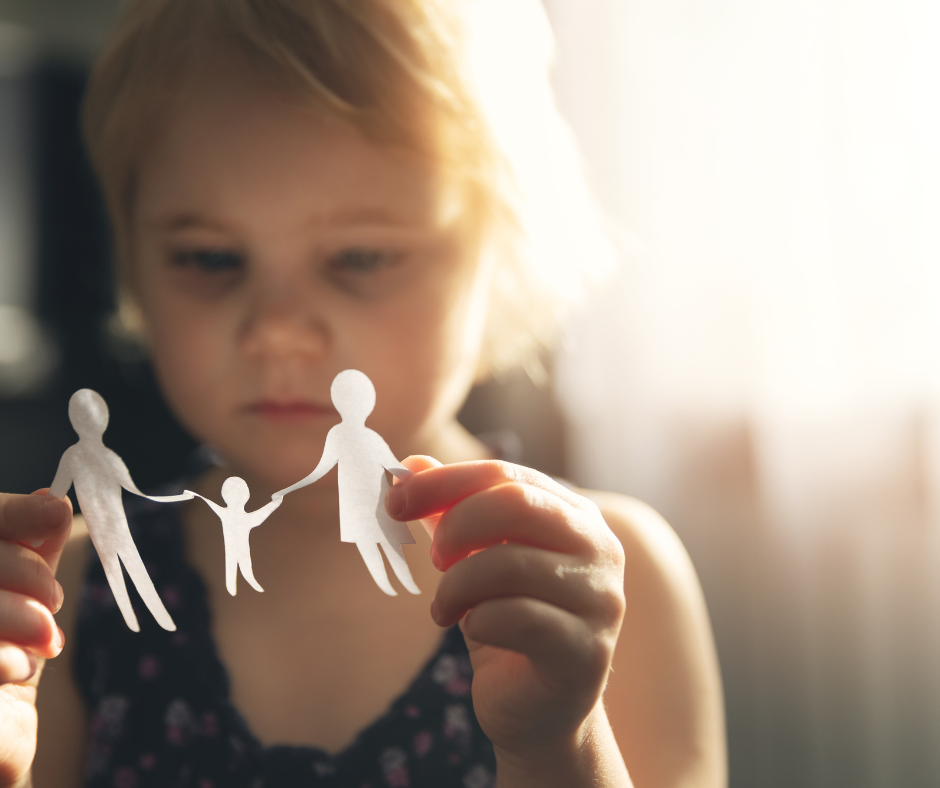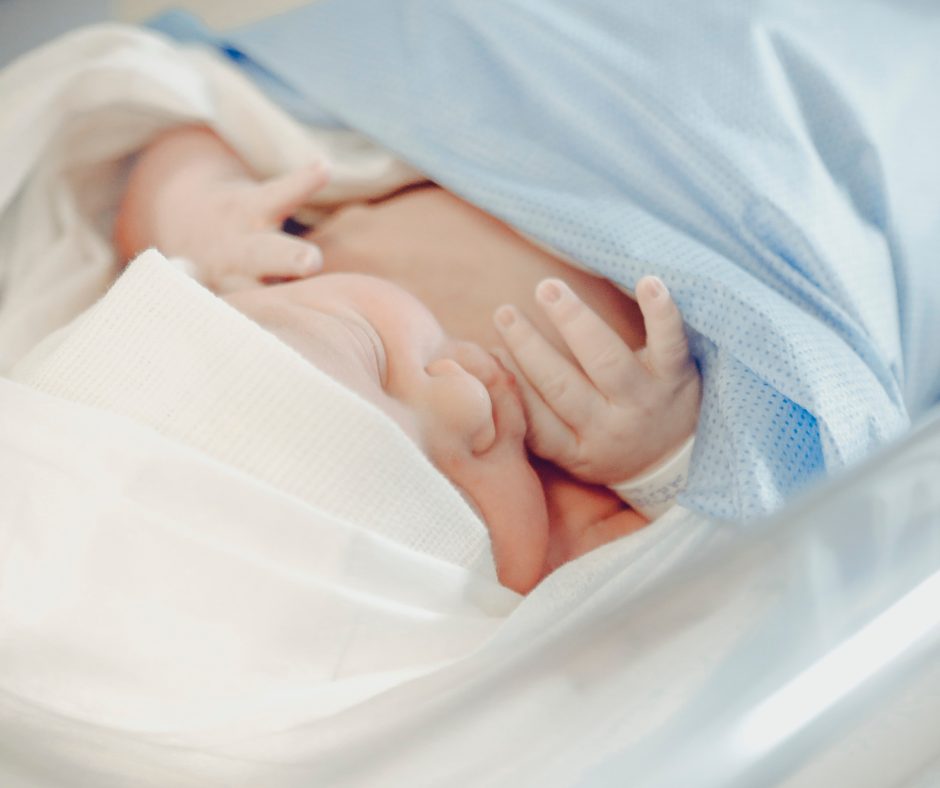Conservatives have been talking a lot about parental rights, and rightfully so. They are under attack in our country, putting families and children in danger. Parental rights are paramount when it comes to upholding the primacy of the family unit and protecting children. Just as important, however, are children’s rights. Often, the left elevates what they deem to be the “rights” of adults at the expense of children’s actual rights.
When we look at marriage and family issues from the perspective of the child, we must ask ourselves the following question: What do children have a right to from the adults in their life?
At the end of the day, adult desires must never surmount children’s rights.
Children need to feel safe and loved, and the best place for those needs to be met is in the home of the child’s biological, married mother and father.
Unfortunately, circumstances arise in which a child’s biological parents are unable to care for them. In those cases, adoption by both a mother and father is the next best option. Adopted children have fewer identity issues than surrogate children, and it still provides a safe and loving home where parents desire to protect and serve those who have lost their first family. Moreover, 95% of current adoptions enable adoptive children to connect with their biological parents.
While adoption is a viable option when it comes to protecting children’s rights, artificial reproduction is not, as it is inherently unjust. In a surrogate pregnancy, an artificially formed child is inserted into the uterus of the surrogate mother, who will ultimately give birth to the child. In the process, the child is intentionally separated from one or both of their parents, causing tremendous pain and suffering for the child throughout their life.
Things such as IVF and commercial surrogacy not only violate children’s natural right to their biological mother and father, but they often violate children’s right to life. Only 7% of lab created babies will survive. Some are preserved in the freezer then thawed and discarded. Some won’t survive the thawing process, and many won’t survive the transfer to the surrogate’s womb. Others will be donated to research or selectively aborted for various reasons such as being of the wrong sex.
If an embryo is lucky enough to make it to the womb, how does that surrogate child fare? First, it’s a high-risk pregnancy. Many are born with developmental disabilities, and they are more likely to be born prematurely or expire before birth.
Most importantly, children have a right to their biological birth parents – the maternal bond matters. Children crave their biological identity. Most children created through sperm and egg donations suffer from an identity crisis and genealogical bewilderment for the rest of their lives.
Further, maternal separation studies indicate that children struggle with trust, bonding and attachment issues when they are intentionally deprived of a relationship with their biological parents.
Ultimately, surrogacy is the opposite of adoption. Adoption, when done right, will provide a child with a loving home centered around the needs of children. The adoption process requires background checks, home studies, and more so every adult who wants a child will not get one unless it’s best for the child.
Big fertility, on the other hand, requires no screening, which opens the opportunity for child abuse and neglect. Artificial reproduction also requires a contract based on the adults’ bank account. Ultimately, adults buy and sell children as though they are objects and commodities. Unlike adoption, surrogacy is centered around the desires of adults, not the needs of the child.
Lastly, we need to address the following questions: What is the role of pregnancy and why did God Himself choose to enter this world through a mother? Biologically, a mother’s brain goes through a permanent physiological change that prepares her for a lifelong loving relationship with her child. When that child is born, all that child knows is the mother’s voice, heartbeat, scent and love. Surrogacy deprives that mother and child of their God-given, instinctual right to each other.
God Himself entered the world through a mother because the maternal bond and the nuclear family create a sacred relationship. When we stray from God’s design, we inevitably cause suffering. As theologian and cultural commentator Albert Mohler writes, “There is no conservatism that is conservative in any sense…and has any integrity or coherence if that conservatism supposedly begins in rebelling against creation itself.”
In summary, no amount of adult emotion or desire justifies a child’s right to life. We must continue to spread awareness about the dangers associated with commercial surrogacy and stand up for the rights of all children, regardless of how they were conceived.






